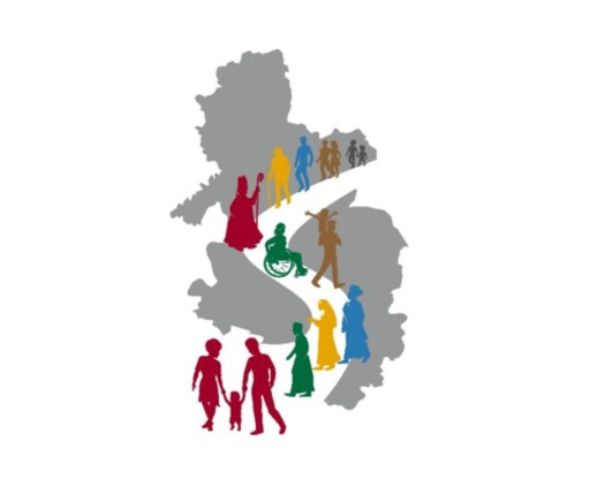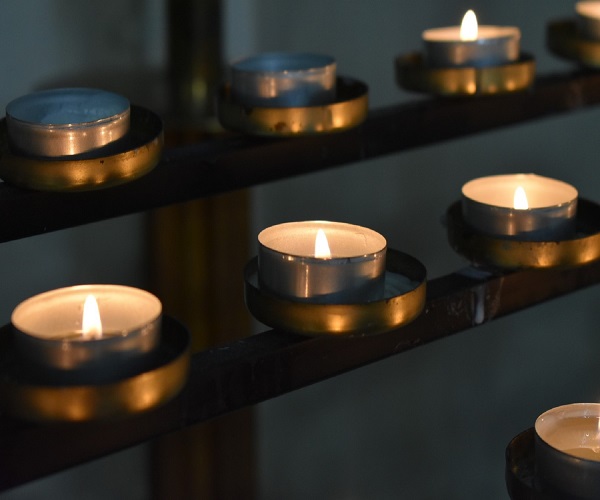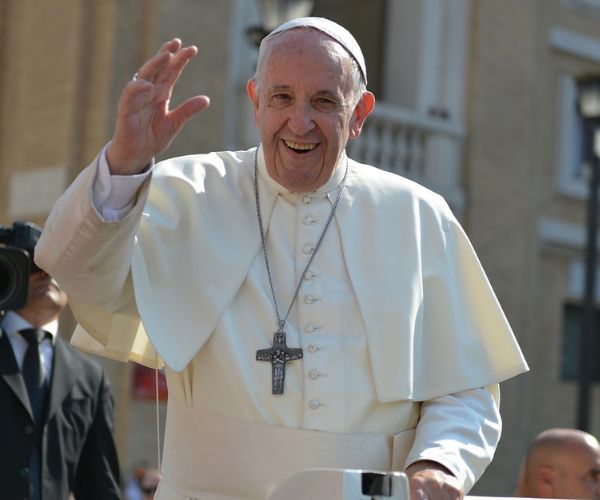
Shining a light on sustainable schools strategy
Wednesday 30th October 2024Schools across the diocese are lighting the way to a sustainable future as updates from our solar strategy reveal an encouraging impact.
Earlier this year, we reported on the beginnings of a sustainability initiative regarding our allocation of an additional Devolved Formula Capital government funding, amounting to £3.3 million to address sustainability and carbon reduction in schools.
Six months on and the project is steaming ahead with more than 125 of 160 schools having solar PV array installed of between 10 and 30 KWp. The total amount of PV installed is now more than 2MW, which will save, on average, in excess of 1500 tonnes of CO2 each year*.
It is estimated that close to £300,000 will be saved across our diocesan schools estate through the central management of the project, which has ensured that every penny has been spent on sustainability technologies, and efficiencies of scale have delivered excellent value for money.
The project is also supporting a number of other sustainability solutions for schools as an alternative to PV, with more than 20 schools opting for lighting replacements with LED, reducing electricity consumption, increasing cost savings for schools, and boosting the learning environment for children.
Our remaining schools have opted for either combined projects of LED/Solar PV or improved insulation or replacement windows.
John Corrigan, Director of Property and Facilities Management, is delighted by the impact the project has made in just a little over a year.
He said: “Every penny of government sustainability funding has been spent on sustainable measures to assist our schools in embarking upon their carbon neutral pathway.
“The project has been an eye opener in directing the way the diocese needs to move towards its carbon zero target and the property team is now exploring ways to further contribute to reducing our carbon emissions.
“In addition, we are challenging any replacement heating projects to look at more sustainable alternatives, as well as looking at how we might upgrade electricity supplies to schools so we are futureproofing the potential to reach our goals.”
With a successful roll-out of the scheme nearly complete, the team is now working one step ahead to explore potential opportunities to fully maximise the benefits of the project.
John explained: “This project has also influenced our capital programme to ensure we implement sustainable options wherever possible – we are currently looking at improved roof insulation, double or triple glazing or vacuum glazing, taking hot water generation ‘off grid’ by using our PV generation and installing heat pumps and electric boilers.
“We are looking at possibilities of battery storage, EV chargers, and sell-back deals to support schools on their journey. We are also looking into small-scale wind generation, where practical, more as an educational tool, rather than a solution to generation.”
Not only does this project make a substantial cost saving and impact on our sustainability and carbon reduction, it sends a powerful, strong message about our diocesan commitment to be responsible stewards of creation and to pass that mandate on to future generations.
Dr Emma Gardner, Head of Environment for the Diocese of Salford, said: “What’s so important about this project is the message that we’re sending to our young people about our responsibility to care for God’s creation.
“By introducing these visible reminders into the heart of their learning environment, we’re demonstrating that we are taking our ecological crisis seriously but that there are many steps and actions we can take to respond in the hope that together we can make a real difference.
“To really drive this message home, our diocesan teams are now working with schools to look at ways we can use the information gathered through our monitoring systems to aid cross-curricular education, touching almost every subject from RE to maths, ICT, science, geography, and more.”
*Figures calculated from available data at time of publication
Tagged | Diocese | Education | Environment



